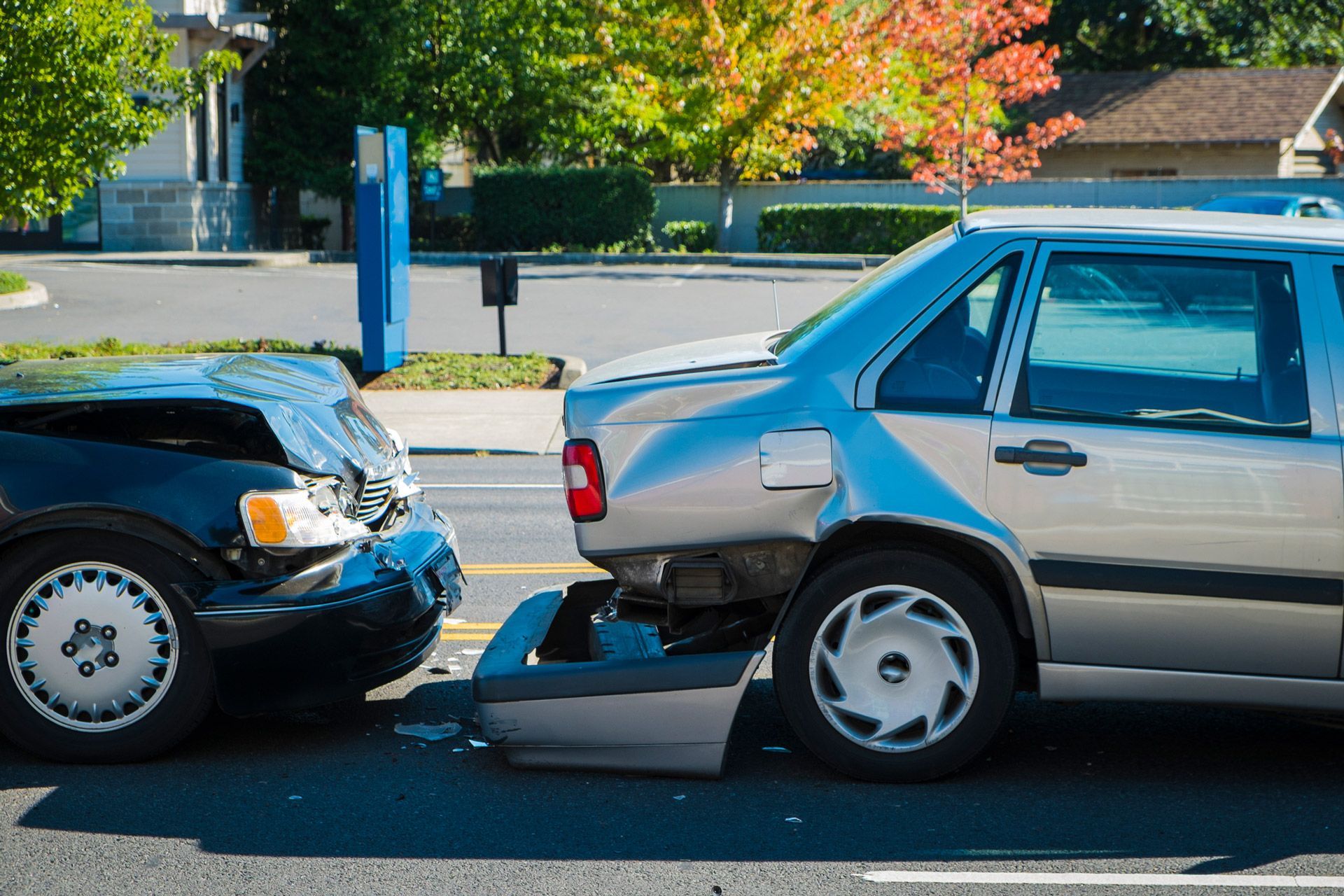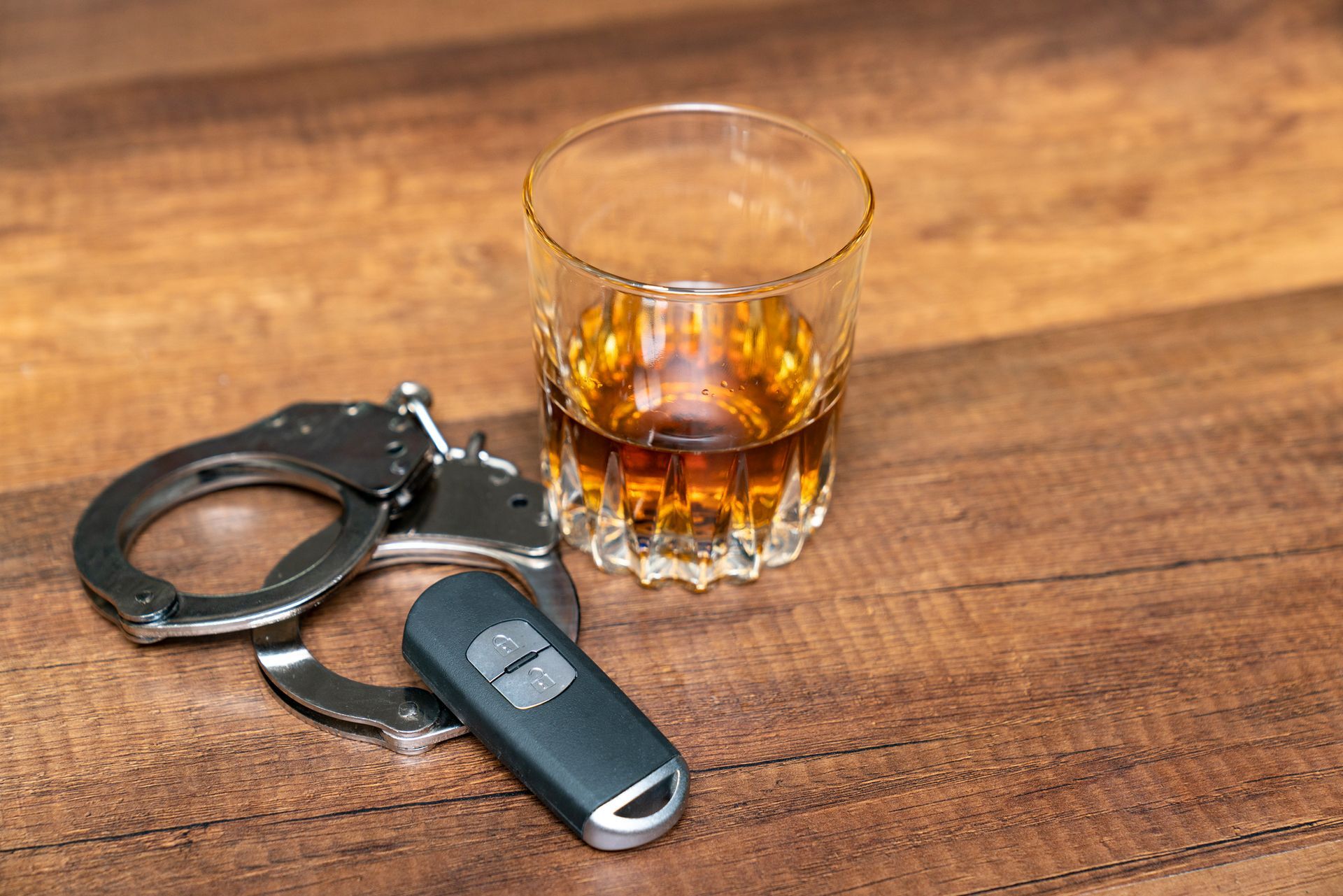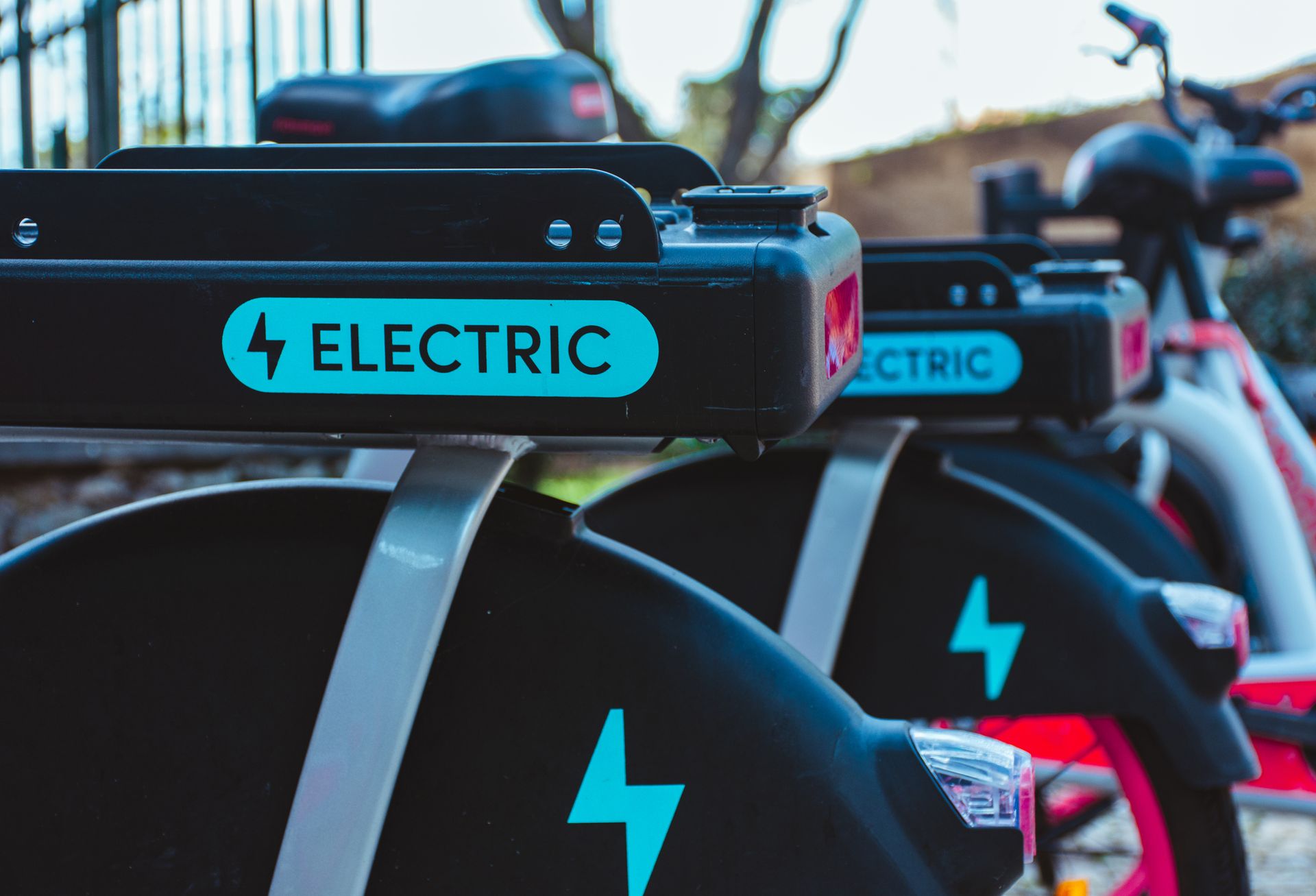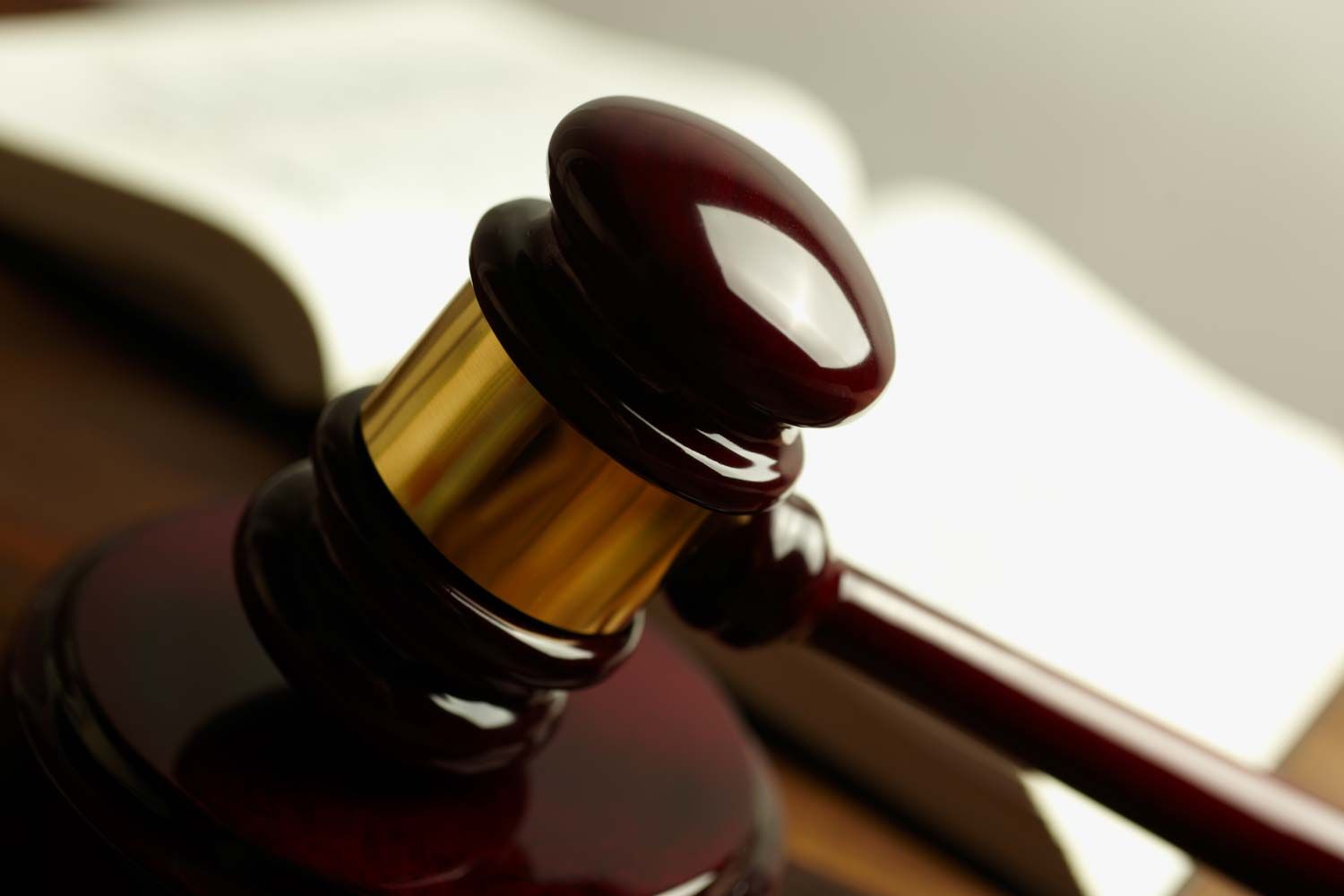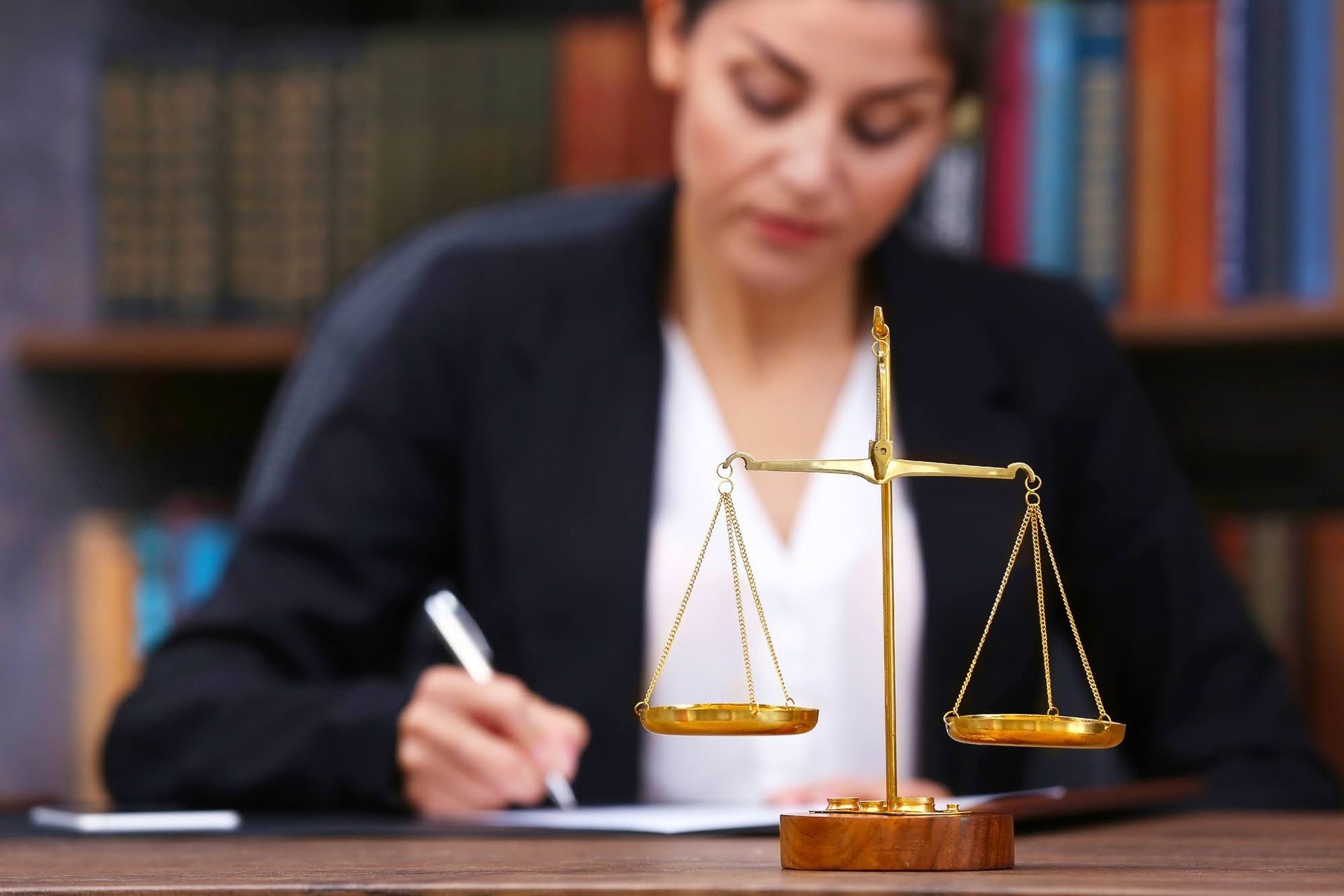Discovery: Why Parties Exchange Evidence Before a Civil Trial
Your right to a fair trial begins long before any jury steps into the courtroom to hear your side of the story. Pre-trial activities set up the framework for a fair and impartial trial, allow you to build the best case possible, and avoid unwanted surprises in front of the jury. And one of the most important pre-trial activities is discovery.
What is discovery? Must you participate in it and why? And how can you protect yourself during discovery? Here's what every litigant in a civil trial needs to know.
What Is Discovery?
Discovery is the exchange of information regarding the civil case at hand before a trial begins. Each party may request several pieces of evidence of various types from the other, and each side must respond unless there is a legal reason not to. It may seem counterintuitive to provide your opponent at law with a huge amount of evidence you plan to use to defeat them, but there's a good reason for it.
Discovery is designed to ensure a fair trial that is judged on the facts and the merit of each case—not on unfair advantages. If you were injured in a car accident and had to be taken to the hospital, for instance, the other driver may have in their possession all the witness statements, photos, and other evidence you need. Without access to these, you would never be able to successfully sue them for liability.
What Will You Have to Give?
You will be asked for a variety of potentially relevant pieces of evidence by the other side. Some of the most common are requests for production, which are requests to produce specific documents, physical evidence, and access to physical evidence.
There are two types of written answers you may be asked to give. The first is known as a request for admissions. These are facts that you either admit or deny. For instance, you may be asked to admit or deny that you were driving your car in the said accident. This establishes what's really in dispute. The second is a list of interrogatories or questions with an open-ended answer.
Finally, there are depositions. A deposition is an interview taken under oath which is conducted by a lawyer. The person being interviewed may have their own lawyer present, but the judge may not be. Depositions may be recorded on video or transcribed.
What Do You Get In Return?
Does this sound like a lot of important things you're giving to the other side? Keep in mind that you can also request all these things from them. Your lawyer will use this time to fill in gaps that may be missing in your own evidence, to avoid wasting energy on things that are not in dispute, to learn what witnesses will say on the stand, and to gauge the strength of both arguments.
What if You Don't Want To Answer?
Discovery isn't a blank check. Neither party can just ask whatever they want and expect the other to respond. Both sides have the right to object to specific requests for legal reasons. Most objections are made on the grounds that a request is unduly burdensome, irrelevant to the case at hand, information already in their possession, vague and confusing, or multipart.
Where Can You Learn More?
Discovery is a new process for most Americans. It is also often complex and legally fraught. The best place to start is to learn more about it. Meet with Craig P. Kenny & Associates to learn about discovery in the Nevada court system. We'll help you understand your rights and responsibilities as well as to use discovery to build the strongest case possible. Call us today to make an appointment.
